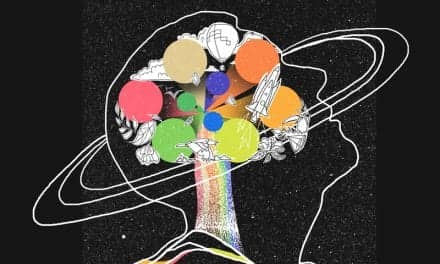Severe sleep loss jolts the immune system into action, reflecting the same type of immediate response shown during exposure to stress, a new study reports.
Researchers in the Netherlands and United Kingdom compared the white blood cell counts of 15 healthy young men under normal and severely sleep-deprived conditions. The greatest changes were seen in the white blood cells known as granulocytes, which showed a loss of day-night rhythmicity, along with increased numbers, particularly at night.
"Future research will reveal the molecular mechanisms behind this immediate stress response and elucidate its role in the development of diseases associated with chronic sleep loss," said Katrin Ackermann, PhD, the study’s lead author. "If confirmed with more data, this will have implications for clinical practice and for professions associated with long-term sleep loss, such as rotating shift work."
For this study, white blood cells were categorized and measured from 15 young men following a strict schedule of 8 hours of sleep every day for a week. The participants were exposed to at least 15 minutes of outdoor light within the first 90 minutes of waking and prohibited from using caffeine, alcohol, or medication during the final 3 days. All of this was designed to stabilize their circadian clocks and minimize sleep deprivation before the intensive laboratory study.
White blood cell counts in a normal sleep/wake cycle were compared to the numbers produced during the second part of the experiment, in which blood samples were collected during 29 hours of continual wakefulness.
"The granulocytes reacted immediately to the physical stress of sleep loss and directly mirrored the body’s stress response," said Ackermann, a postdoctoral researcher at the Eramus MC University Medical Center Rotterdam in the Netherlands.


